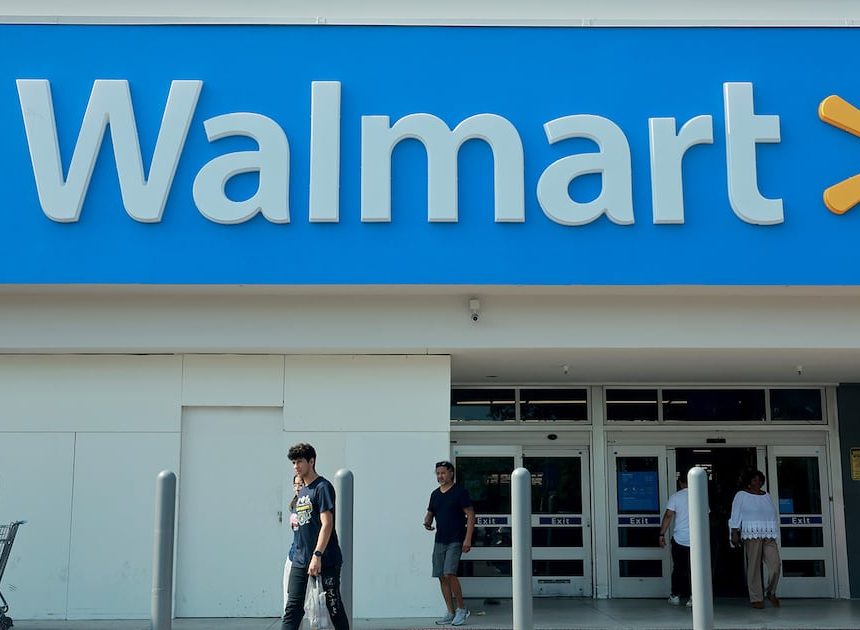Published
November 21, 2025
Shein clothing still contains hazardous chemicals in excess of European Union limits, according to a new Greenpeace report published on Thursday.
“Of the 56 garments analysed, 18 contained hazardous chemicals, some of which far exceeded the limits set by EU regulation,” Greenpeace Germany said in a statement, once again condemning the fast-fashion industry. The NGO noted that seven products—jackets—exceeded PFAS limits by up to 3,300 times the EU thresholds under REACH. Fourteen products exceeded phthalate limits, including six by 100 times or more than the limits set by REACH.
In clothing sold on the Chinese e-commerce platform Shein, the NGO detected the presence of phthalates (plasticisers) and PFAS, agents used for water and stain repellency and considered “forever chemicals”.
These potentially toxic substances have been linked to a range of illnesses, including cancers, reproductive disorders and growth impairments in children, as well as a weakened immune system, the NGO says.
They enter the body through the skin and via inhalation of fibres, Greenpeace adds, noting that children’s clothing was also tested.
“There is a risk that children put them in their mouths or play with them, or even swallow them…,” explained Ulrike Siemers, director of the Bremen Environmental Institute, which analysed the garments, in a video posted on the Greenpeace website.
Through washing, these substances also end up in rivers, soils and the food chain.
The NGO had already warned in 2022 about the presence of dangerous chemicals in Shein products. At the time, Greenpeace tests identified seven of the 47 Shein products tested as problematic.
“Shein embodies an unhealthy system of overproduction, greed and pollution of the planet,” accused Moritz Jäger-Roschko of Greenpeace Germany. With 363 million visits a month, Shein.com is the most-visited fashion site in the world, according to the NGO, which points out that this is more than the combined traffic to the sites of Nike, Myntra and H&M.
Asked by AFP, the platform said that, as a “precautionary measure”, it was removing from sale worldwide any items it “can identify”.
Shein issued a similar response at the end of October, after the German consumer organisation Stiftung Warentest had already warned about dangerous substances contained in products sold on the Chinese platforms Temu and Shein, such as baby play mats and jewellery.
In the first half of 2025, Shein extensively publicised its investments in monitoring its subcontractors. The company introduced a manufacturing restricted substances list (MRSL) in 2024 and said it had carried out more than two million tests and excluded 260 of its thousands of suppliers for non-compliance.
“Our results suggest that these measures are not effective. Shein products still contain hazardous chemicals in excess of EU limits. Some items reported in previous tests reappear in almost identical form, with the same hazardous substances,” Greenpeace explained in its report. “Shein removes individual items once they have been exposed, replacing them with near-identical clones, perhaps even from the same supplier. Given the sheer breadth of its product range and its vast network of suppliers, Shein appears unable to control the chemicals used in the products sold on its platform.”
More than a simple lack of oversight, the NGO argues that the Singapore-based company is not necessarily structured to meet European requirements.
“The company exploits a loophole in European chemical regulation: as sellers on the platform ship directly to consumers within the EU, Shein can circumvent REACH obligations. The company knows that it risks no real consequences for selling non-compliant products, putting profit before the safety of people and the planet,” asserted Greenpeace.
For several months now, Asian online sales platforms have faced an offensive from environmental and human-rights associations, European companies and the authorities, resulting in investigations, colossal fines and proposed legislation to curb their growth.
The European Commission has stated that it will propose legislation next year to remedy these problems.
Last week, EU member states also agreed to abolish the duty exemption on low-value orders from companies such as Shein.
With AFP
This article is an automatic translation.
Click here to read the original article.
Copyright © 2025 FashionNetwork.com All rights reserved.


